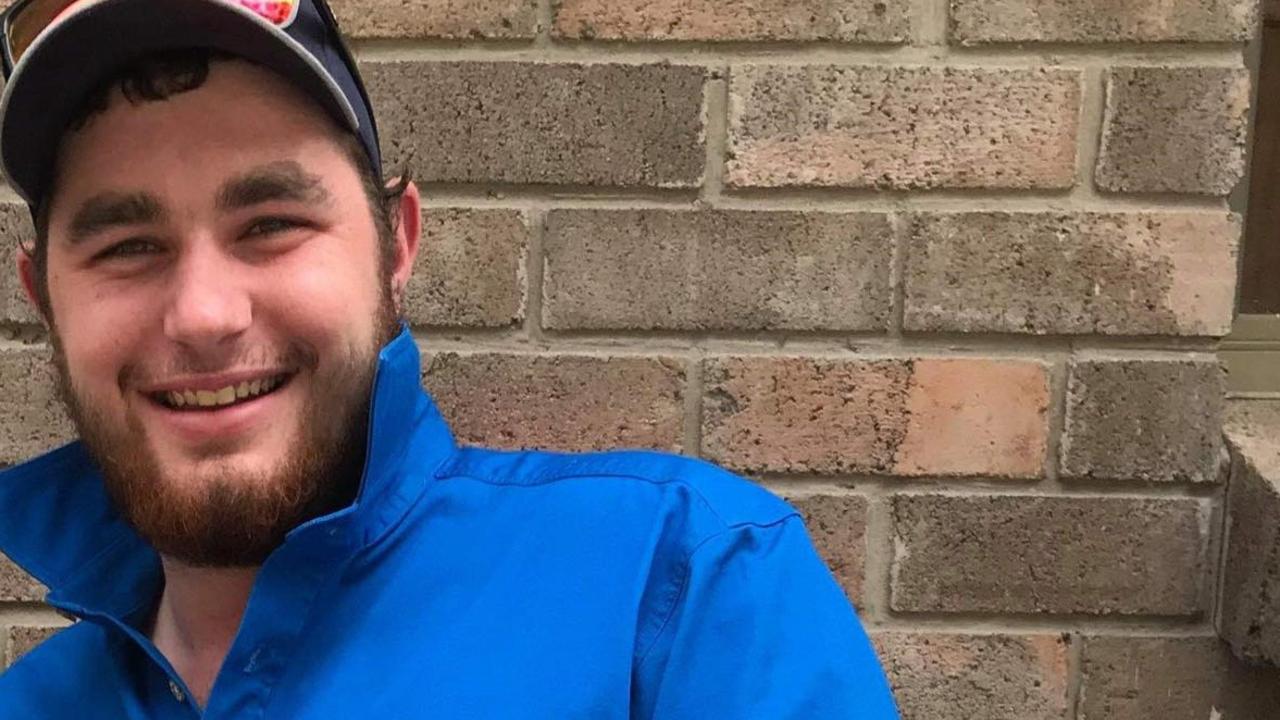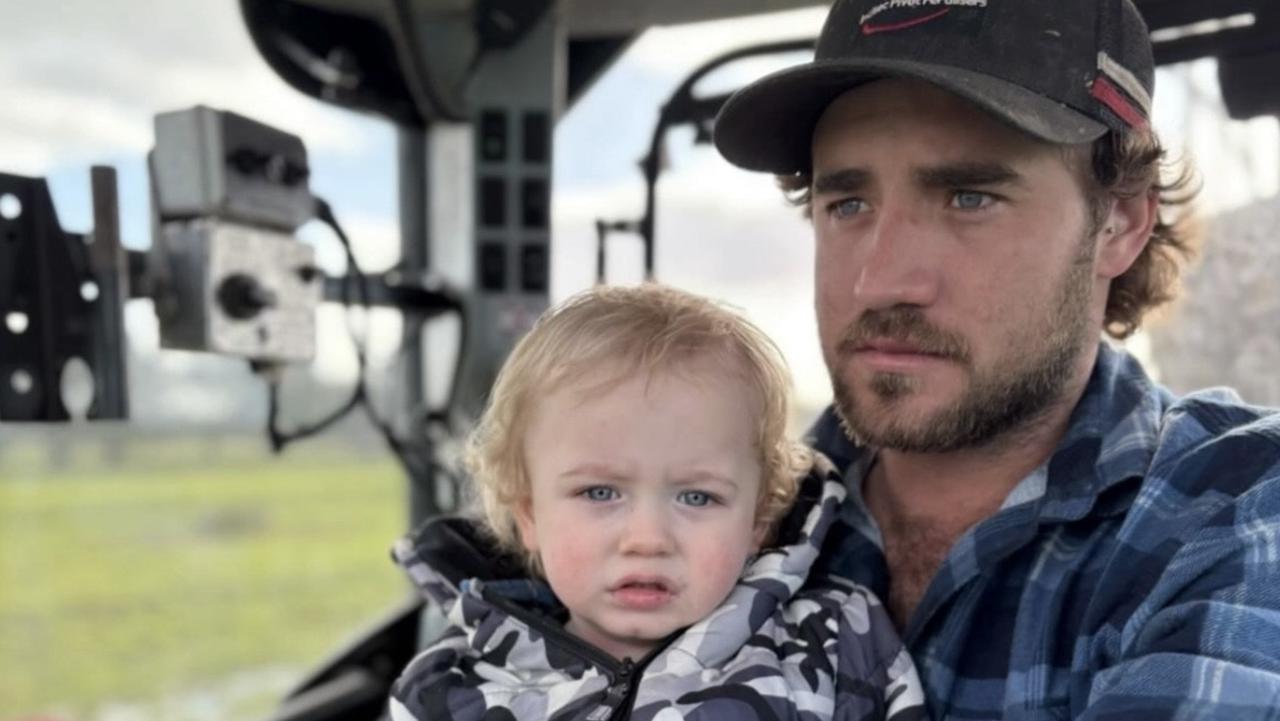EDITORIAL: Australia ashamed of appalling crimes allegedly committed by special forces
There is a national shame in the shocking and appalling revelations contained in Justice Paul Brereton’s report into alleged war crimes by special forces soldiers, writes Jenna Cairney.
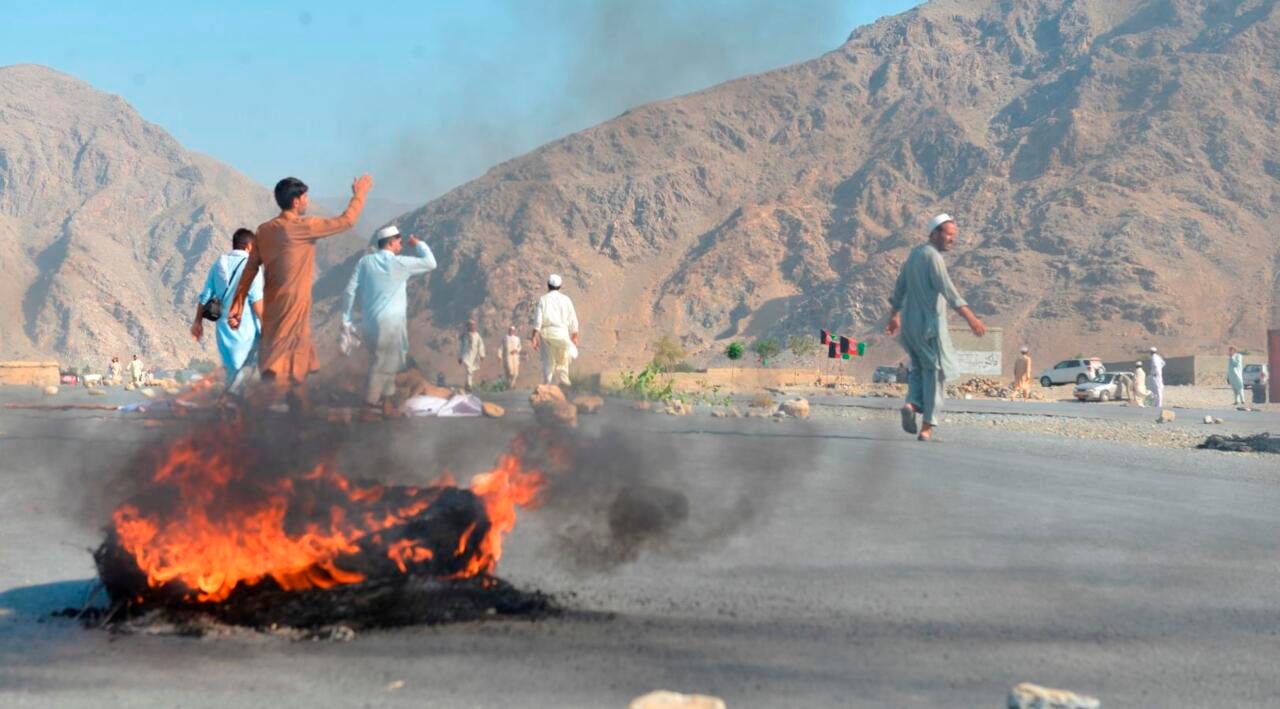
Tasmania
Don't miss out on the headlines from Tasmania. Followed categories will be added to My News.
- How Tasmania coped in the 100 days since COVID-19
- ‘We are still at risk’: Health chief’s dire warning
- ‘Our fight is not over yet’: Premier’s message
THERE is a national shame in the shocking and appalling revelations contained in Justice Paul Brereton’s report into alleged war crimes by special forces soldiers.
Prime Minister Scott Morrison last week warned Australians to prepare for what would be one of the most significant reports in our defence force’s history.
But it still didn’t help ease the body blow that the findings delivered to a nation of people who hold in the highest of respects those heroes who give service, and many their lives, to their country.
The report released in Canberra yesterday revealed the shocking extent of misconduct alleged to have been carried out by the nation’s most elite fighting unit, the Special Air Service Regiment.
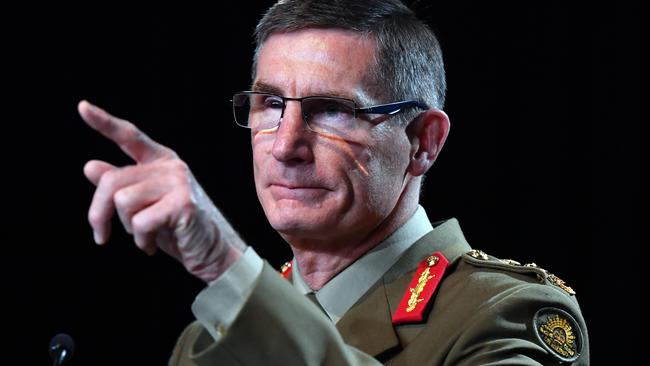
Nineteen current or former members of Australia’s special forces will be referred to the police after a report found “credible information’’ our troops were involved in up to 39 unlawful killings including 23 murders between 2005 and 2016.
The report found junior soldiers were ordered to kill Afghani to “blood’’ them.
It also found soldiers then placed “throwdown” weapons or other military equipment next to the bodies of the deceased to falsely represent them as having posed a military threat.
If a jury accepts the circumstances in which the killings occurred, they would constitute “the war crime of murder’’.
While the report cleared ADF high command of involvement or knowledge of the alleged war crimes, Defence Force chief General Angus Campbell said there was a “warrior culture” uncovered in the report that “speaks to a slow deviation from normal and good culture in a military environment”.
It’s a huge moment in Australian Defence Force history because it shows that military forces, even in the bloodiest combat, are not above the law. It’s also a huge moment in ADF history because the findings have the potential to stain the reputation of others who have served dutifully.
If this report has disgusted Australians one can only imagine the disappointment and hurt borne by innocent veterans or currently serving soldiers. The vast majority of ADF personnel have served with honour.
These matters will be taken through the court system where, if found guilty, those responsible must be held to account.
But the hierarchy and the source of the problematic culture must also be dissected so that veterans, ordinary Australians and, indeed, the world can keep faith that Australia is a nation that will not look past its own atrocities.
It’s also important that present or former ADF personnel who are struggling with their mental health reach out for help. There are services out there that understand the problems veterans face.
SOLDIER ON: 1300 620 380. OPEN ARMS: 1800 011 046. LIFELINE: 13 11 14.
Here’s to 100 days, let’s hope for 100 more
IT’S A little nerve-racking to mark the 100th day since a recorded coronavirus case in Tasmania on the Mercury’s front page.
It’s especially nerve-racking given the outbreak in South Australia.
But it’s important to take note of this significant milestone for a number of reasons.
Firstly, Tasmanians by and large have followed the expert advice from health officials and due to the no-nonsense approach and our obedience, we quite quickly got community outbreaks in our state under control and have enjoyed a relatively relaxed few months.
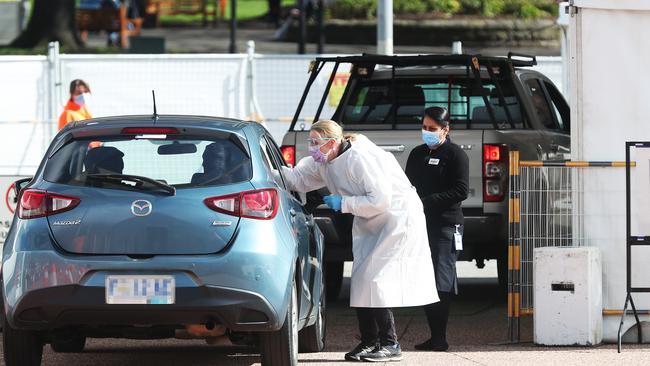
Elsewhere – and in particular in Europe – second waves have spiralled and have worsened as people lost faith or patience with the public health advice. In the UK there are many who wilfully ignore it; in the United States we’ve seen many protest scenes of those who oppose it.
Looking back on our battle with COVID-19 it’s important to reflect just how far we’ve come.
In light of the South Australian outbreak, it also reminds us just how quickly the situation can change.
We would hope that our response is now more targeted and refined.
We would hope our testing and our tracking and tracing abilities are improved and that our health system has built up capacity to cope.
Public understanding of best hygiene practice – such as social distancing, not leaving the house if you have cold symptoms, covering coughs and sneezes and washing hands more regularly – should have improved dramatically since we were first faced with this deadly virus.
South Australia is taking its 22-case outbreak very seriously by placing the state into a six-day Victorian-style lockdown designed to stop the virus in its tracks.
Schools, universities, cafes, pubs and takeaway shops will all be closed, masks are encourages and only one person per household is allowed to leave per day for essential purposes.
There is no interstate or regional travel.
It’s an extraordinary response to such a small outbreak, especially given the fact all of the cases so far have known links.
Premier Steven Marshall said the state is “going hard and going early” with this circuit breaker and he has the support of Prime Minister Scott Morrison.
As for other states, such as Queensland, slamming shut their borders in another vain attempt for premiers to increase their popularity is tokenistic and unnecessary given South Australia’s approach.
It’s pleasing – and it makes sense – that Tasmania’s public health officials are communicating well with South Australian health authorities and ensuring that the restriction of movement on people who have travelled into our state from that state is consistent.
It’s also reassuring Mr Gutwein has pushed back on plans for returning overseas Australians to land directly in Tasmania. Until that hotel quarantine system bulletproof, Tasmanians will not want to take any chances.
Here’s to 100 days, let’s hope for 100 more.
Originally published as EDITORIAL: Australia ashamed of appalling crimes allegedly committed by special forces


